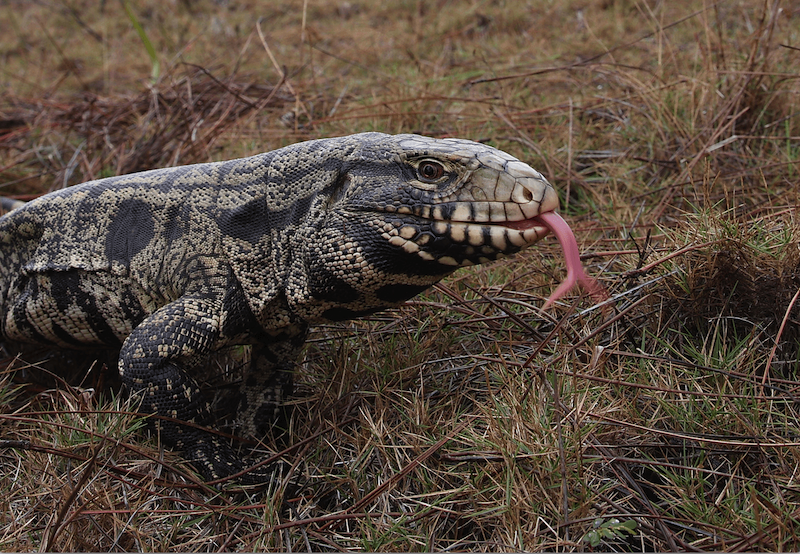 CAES News
CAES News
Georgia First Detectors
The University of Georgia’s Center for Invasive Species and Ecosystem Health offers a unique opportunity for anyone interested in helping to preserve the state’s native ecology with its Georgia First Detectors Program. The next training for the program will be held at the Okefenokee National Wildlife Refuge on Sept. 30.

-(1).png)
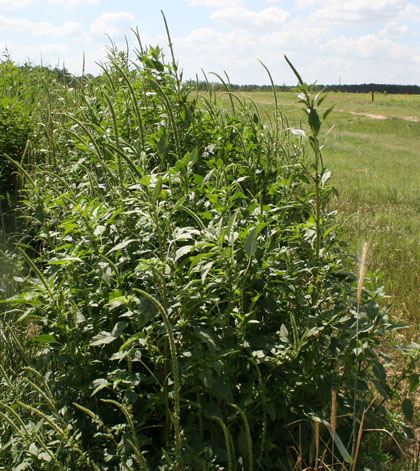

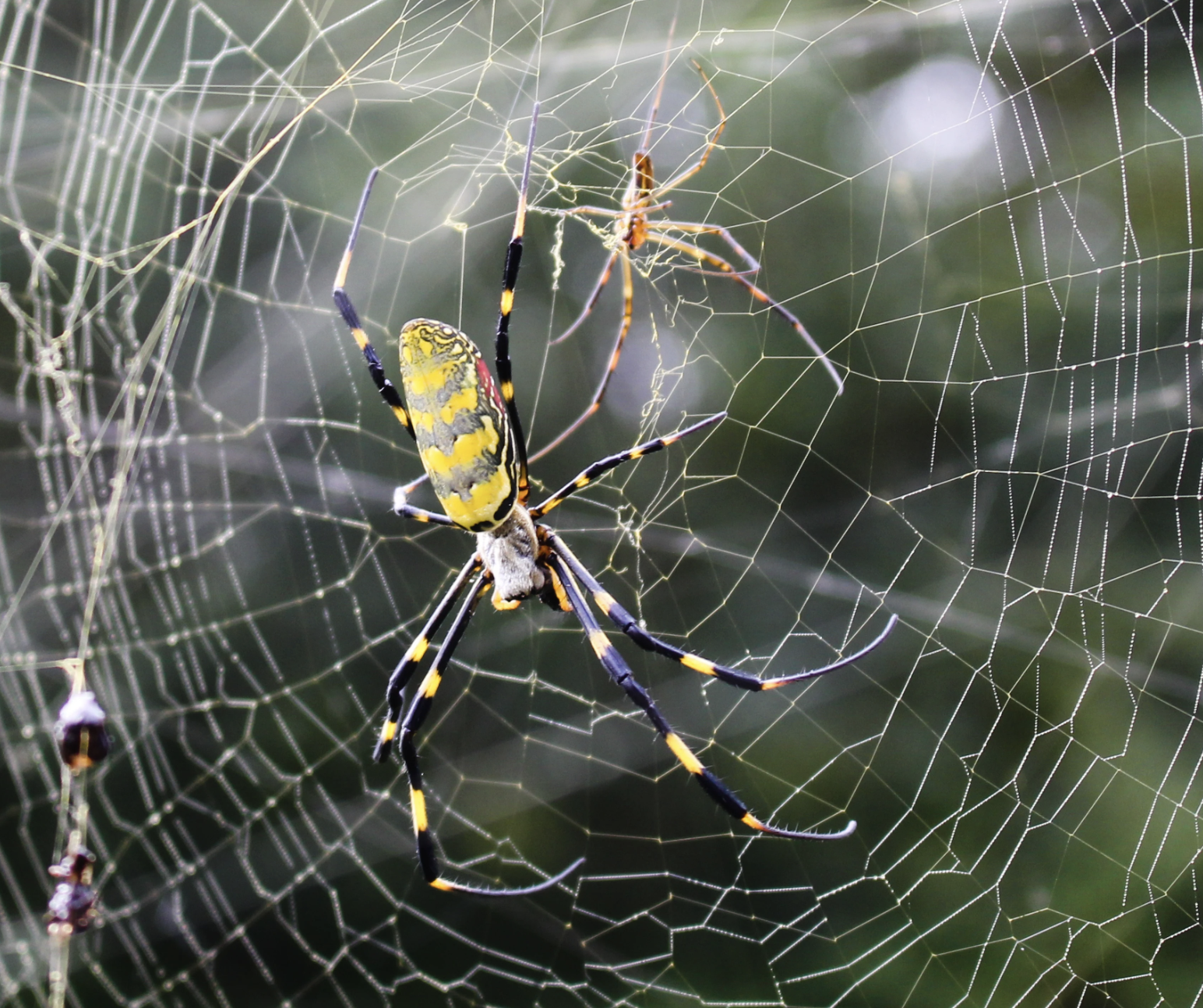
-(1).jpg)
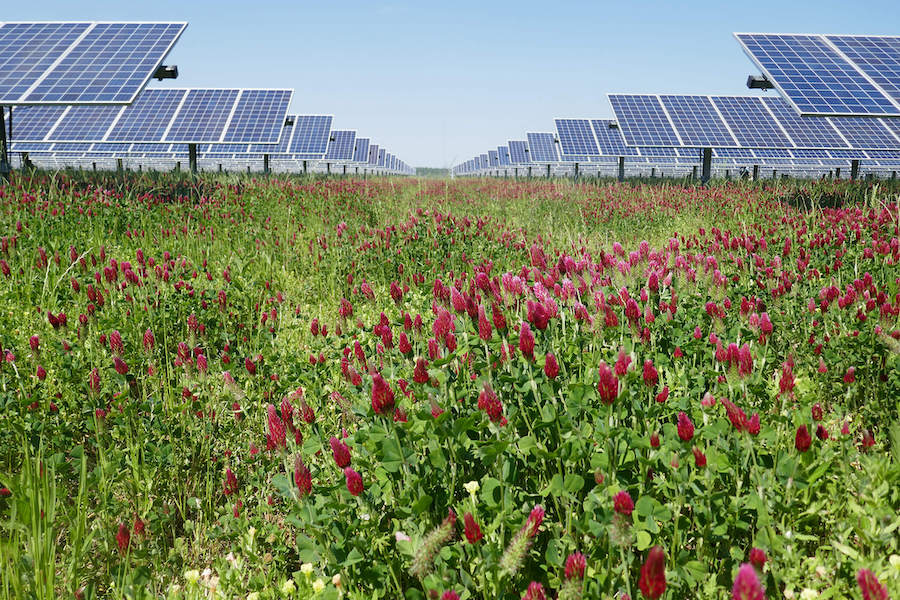
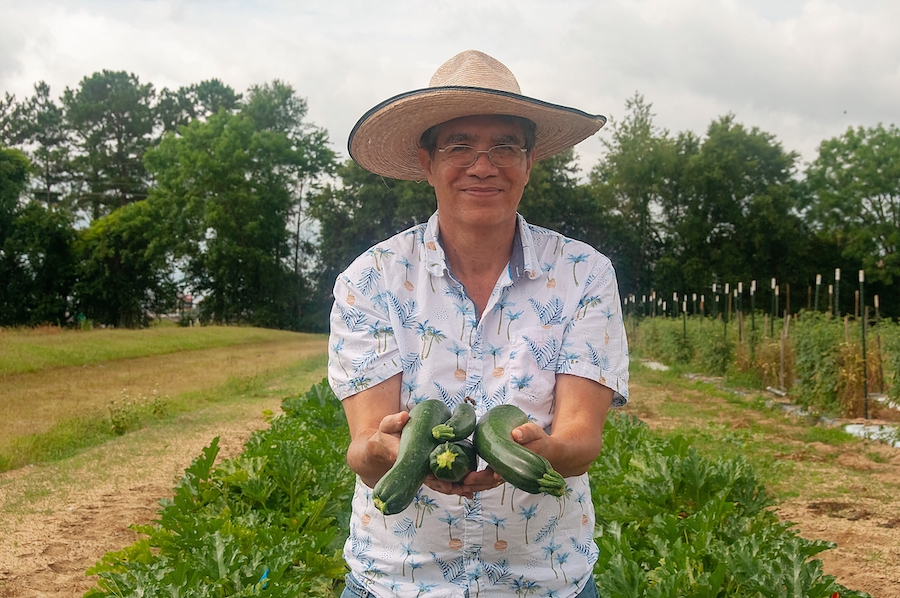
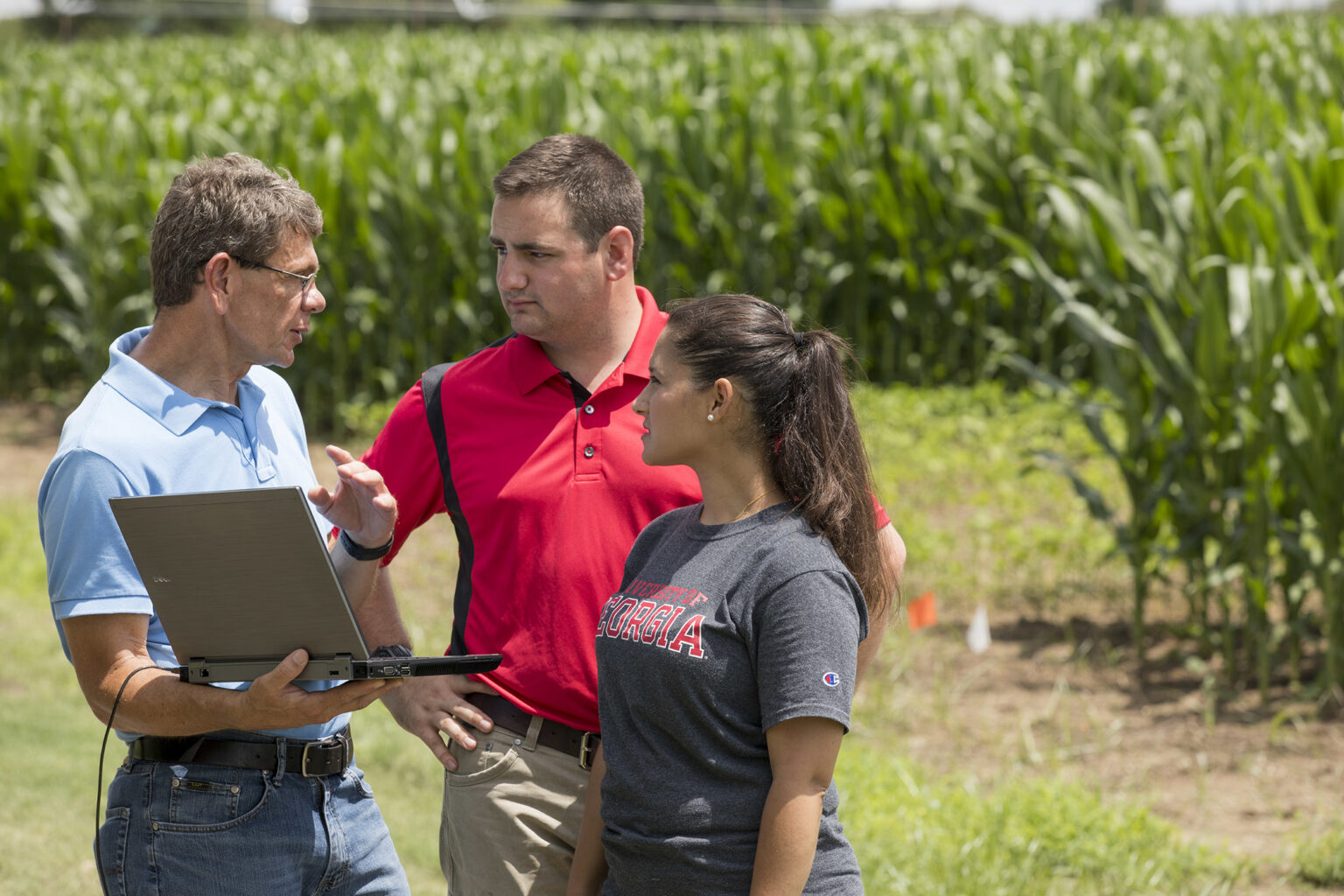
.jpeg)